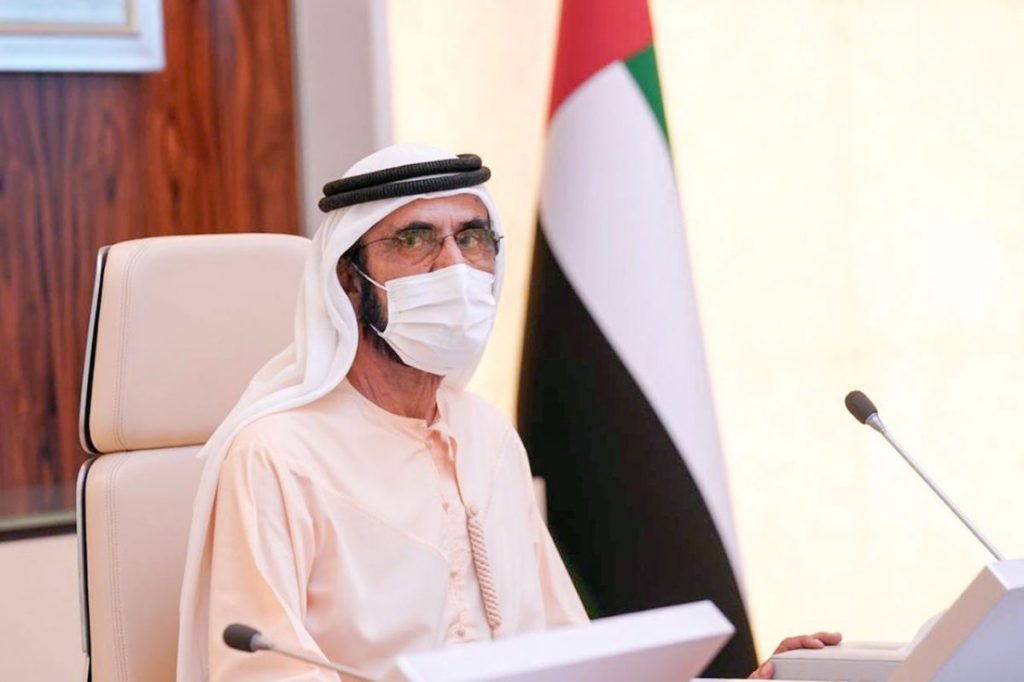The cabinet during a meeting also approved a National Medicine Policy and a national strategy for cultural and creative industries.
The UAE cabinet met and approved the requirements and conditions to clear housing loans for Emiratis.
The cabinet approved financial exemptions from housing loans for UAE citizens, in cases of inability to pay the loans, and for families of those who have passed away and people of determination. Low-income families will also be eligible to receive government houses.
The cabinet met at Expo 2020 Dubai and the meeting was chaired by Sheikh Mohammed bin Rashid Al Maktoum, Vice President and Prime Minister of the UAE and Ruler of Dubai.
Meanwhile the cabinet also approved the UAE National Medicine Policy that aims at achieving equitable availability and affordability of essential medicines, and enhance investment in the pharmaceutical industrial sector by 20 per cent.
The policy that involves all main participants in the pharmaceutical field, provides a framework within which the activities of the pharmaceutical sector can be coordinated.
It encourages R&D in the sector including operational research, drug development and clinical research.
The cabinet also adopted the UAE cultural and creative industries strategy to maximise the sector participation to be among the top ten performing sectors in the national economy and to account for 5 per cent of the GDP.
The strategy combines efforts of all key players of the sector, and adopts performance indicators to measure the progress achieved.
The three-layer strategy includes 40 initiatives that target three segments: talents, professionals and enablers business enablers, according to news agency WAM.
In other developments at the cabinet meeting, it approved the issuance of a federal law regarding rehabilitation of juvenile delinquents and vulnerable to delinquents. The law aims to reintegrate these individuals into the community.
The cabinet approved the issuance of a federal law regarding rehabilitation. The law aims at accelerating the integration of convicts into society as it deals with restoration of former rights, authority, or abilities.
The cabinet further approved the amendments to the federal decree on the Common Customs Law of the Cooperation Council for the Arab States of the Gulf and its executive regulations. The amendments seek to further develop the customs procedures and contribute to the enhancement of cooperation in the customs field among the Gulf States, as well as apply legislations and regulations for the protection of the intellectual property rights.
The cabinet also approved the issuance of the executive regulations of the Federal Law concerning Credit Information and its amendments. The executive regulations enable Al Etihad Credit Bureau (AECB) during the process of credit data exchange and integration to enrich credit reports and increase credit awareness in the UAE.
The list of chemical precursors, which is annexed tothe law on medical products, pharmacy profession and pharmaceutical establishments, has been amended.
Meanwhile, the cabinet approved the reformation of the Emirates Fatwa Council Chaired by Sheikh Abdullah bin Bayyah. The Council is the official reference for fatwas and Islamic rulings, which oversees all work related to fatwas.
(Except for the headline, this story has not been edited by The Finance World staff and is published from a syndicated feed.)

